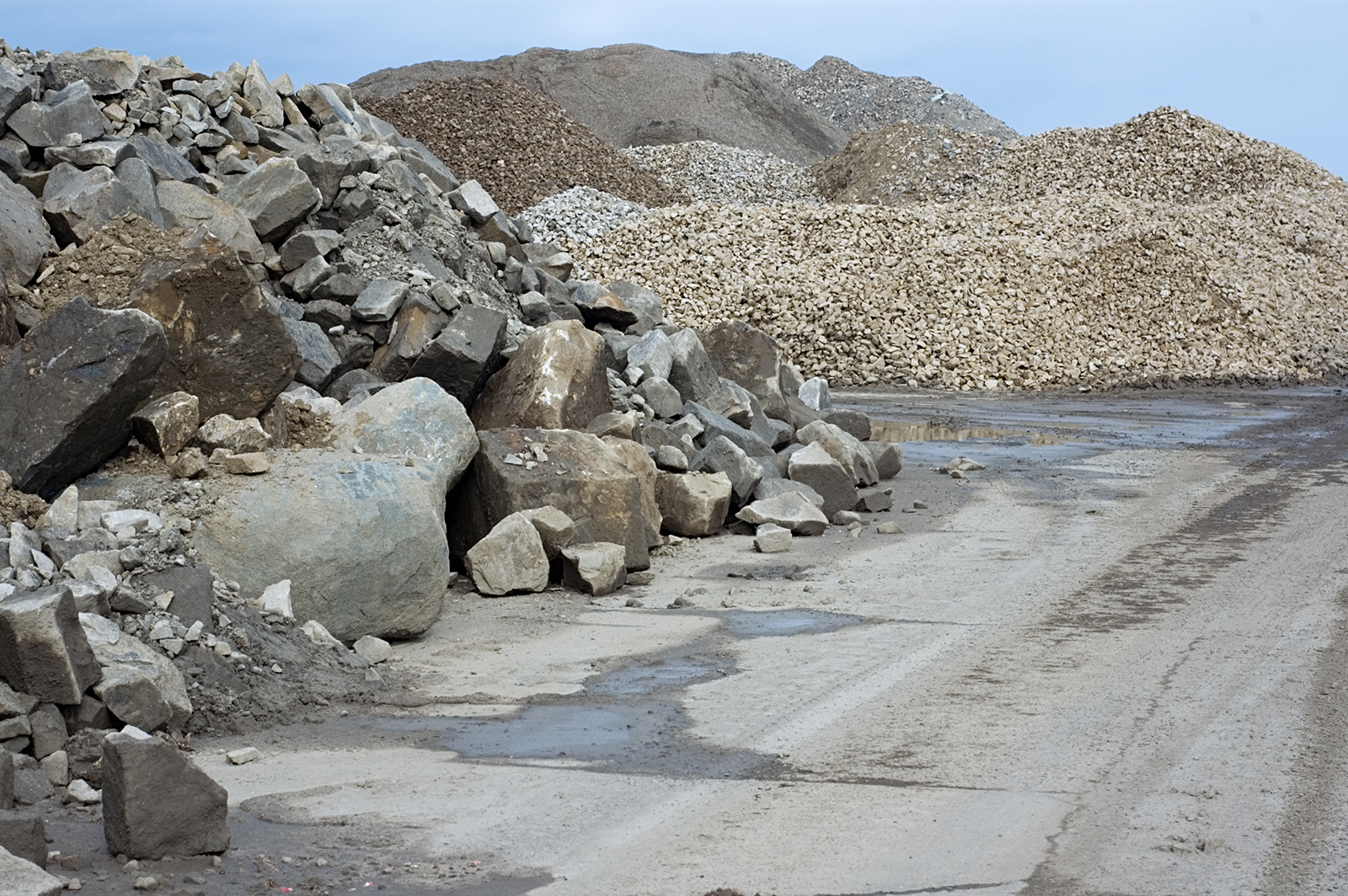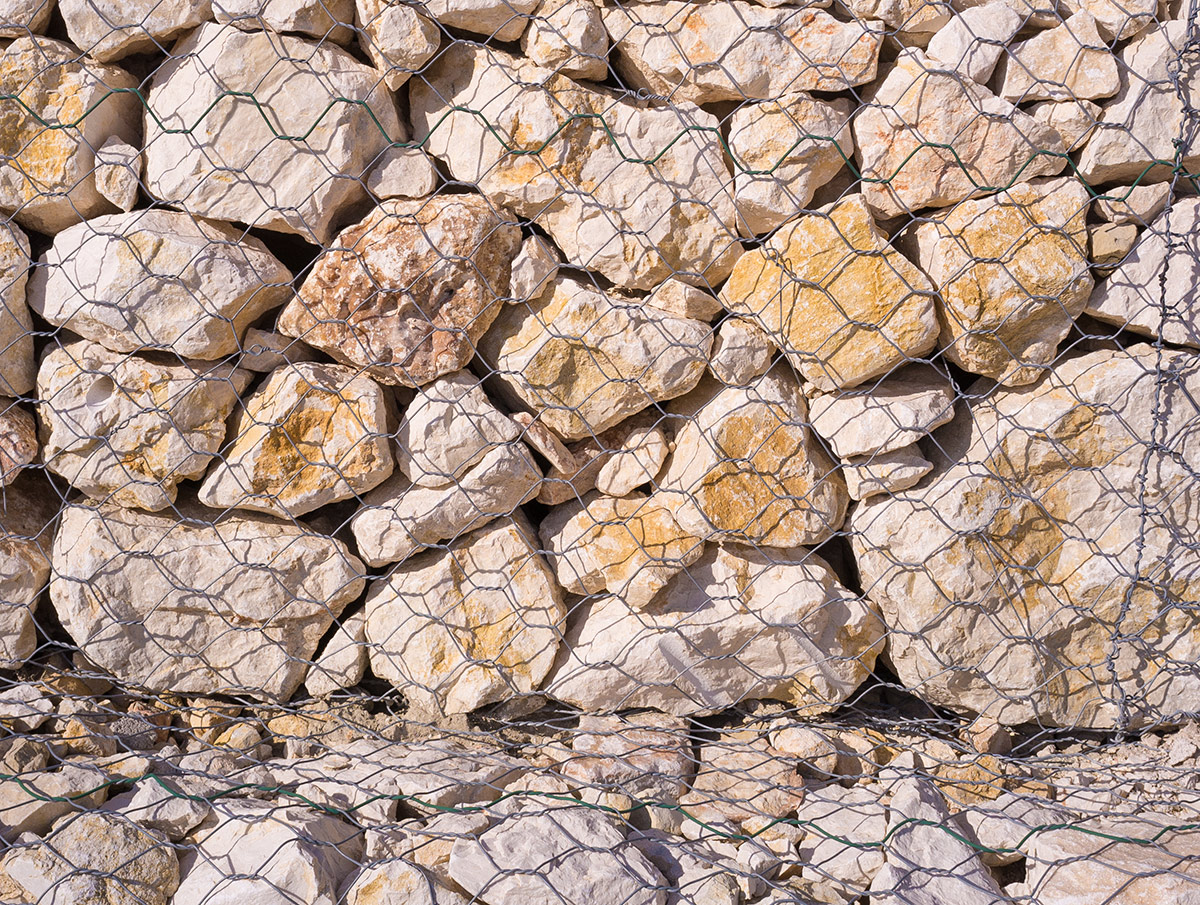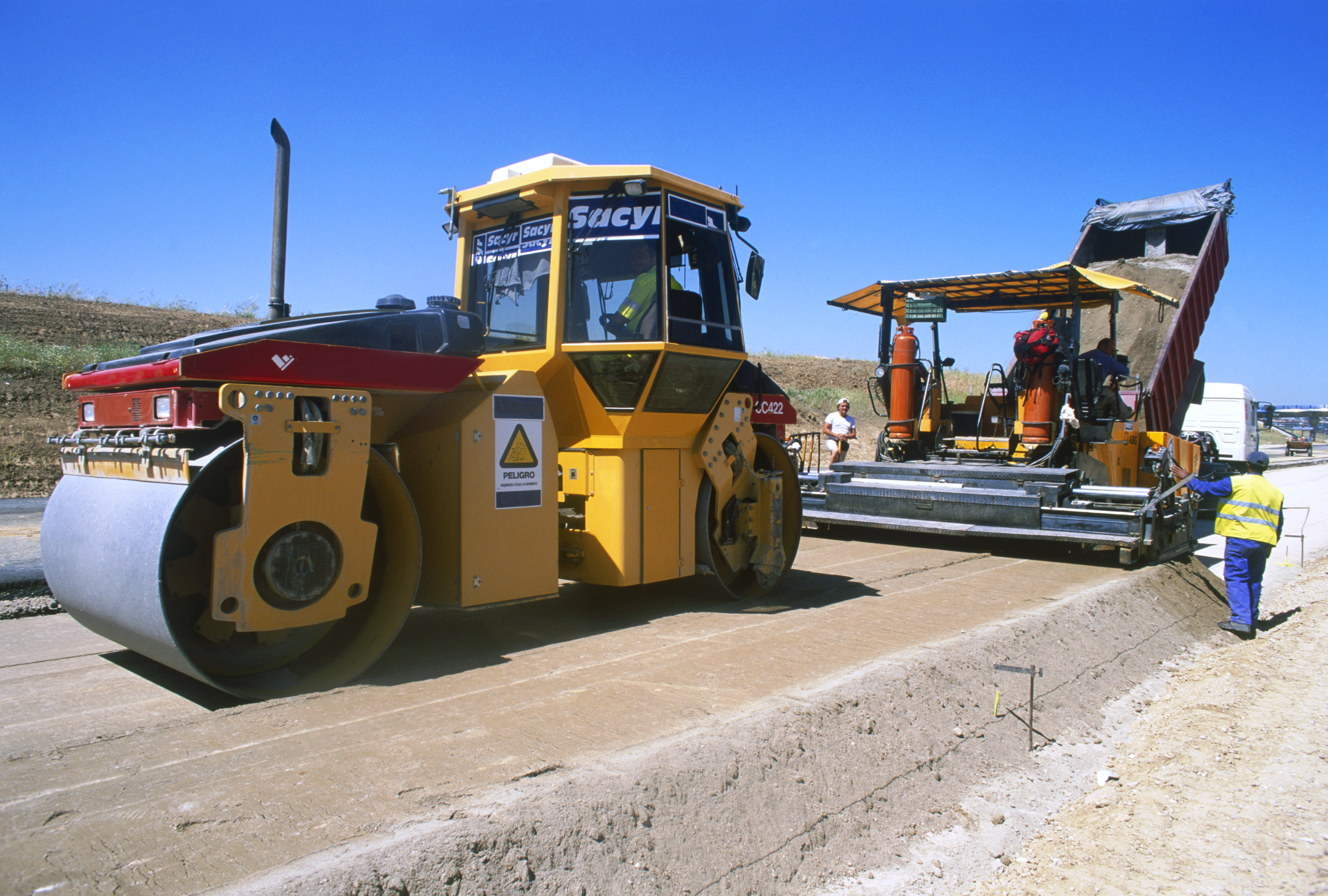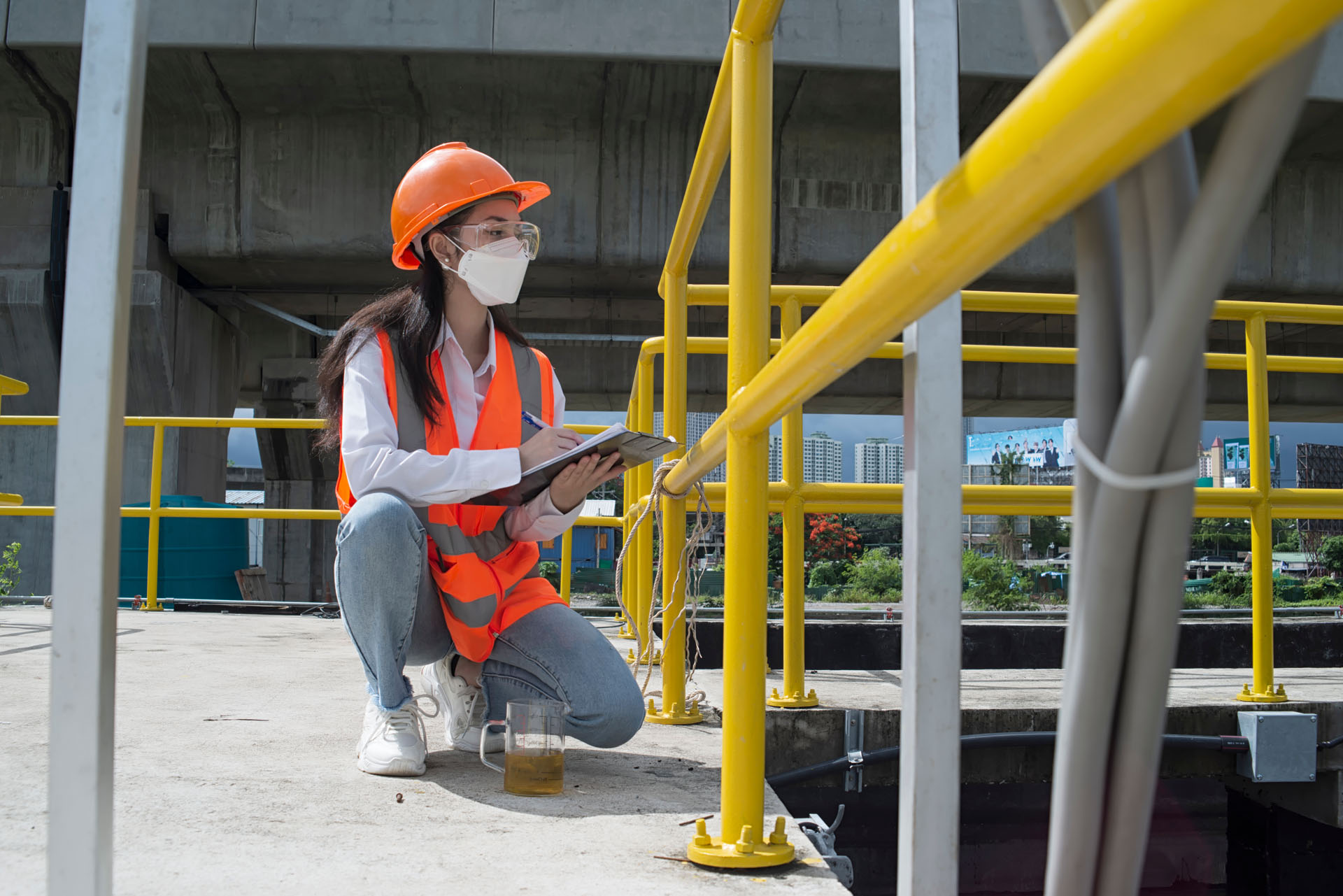Nixtacal Food Grade

Nixtacal is manufactured by Graymont’s South American based partner, Grupo Calidra, and meets the requirements of Food Chemical Codex 9. Edicon and Kosher Pareve. The product has been developed and is manufactured to HACCP food safety standards under Good Manufacturing Practice (GMP).
Nixtacal is principally used in the following applications:






